BLACK JACK FINAL
STATUS
COMPLETE
EPISODES
2
RELEASE
December 16, 2011
LENGTH
48 min
DESCRIPTION
Sequel to the 1993 Black Jack OVA
Contains two separate stories. In Part 1, Black Jack's latest patient holds a link to Pinoko's past. In Part 2, Black Jack is kidnapped by the government of a war-torn country.
(Source: Anime News Network)
CAST
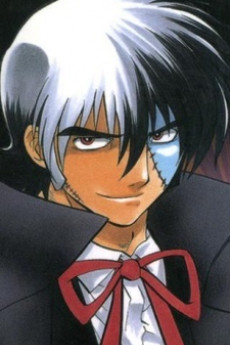
Kuroo Hazama
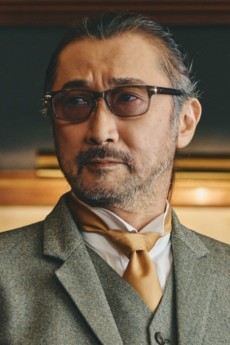
Akio Ootsuka
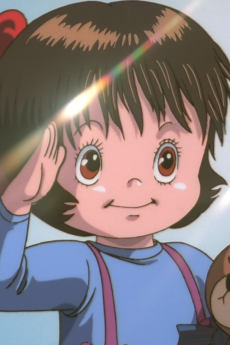
Pinoko

Yuuko Mizutani
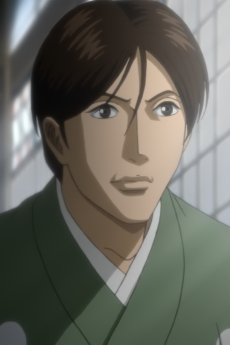
Takao
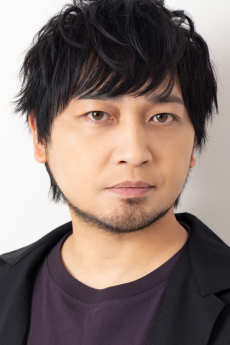
Yuuichi Nakamura
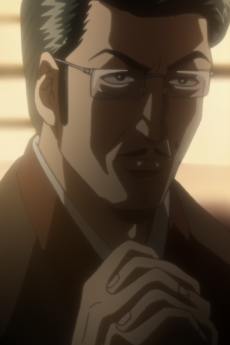
Tachibana
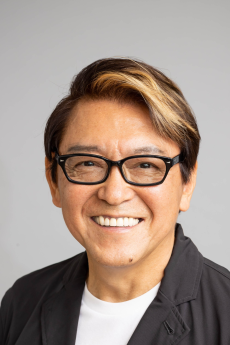
Naoya Uchida
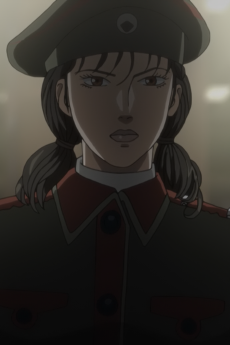
L

Romi Park
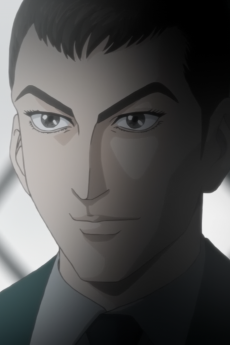
Tebyon
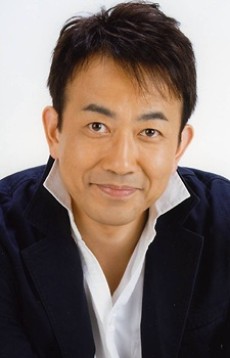
Toshihiko Seki
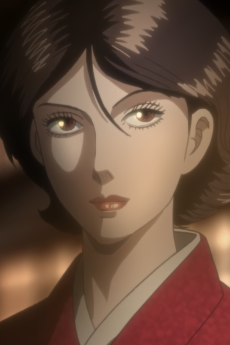
Yurie Saionji

Maaya Sakamoto
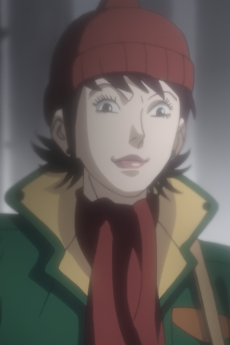
Matsunojo
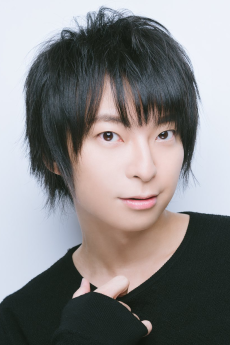
Tetsuya Kakihara
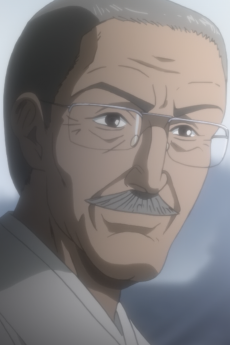
Guuji

Kenyuu Horiuchi
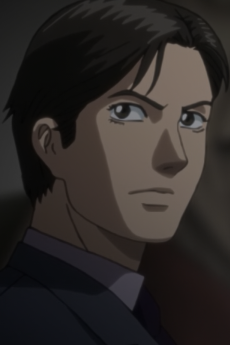
Jongi
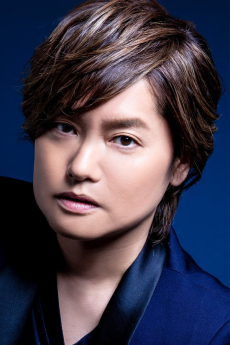
Shoutarou Morikubo
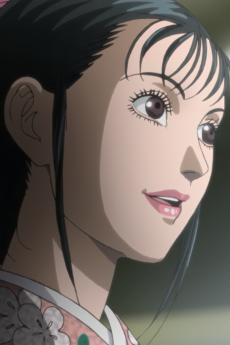
Midori

Masako Jou
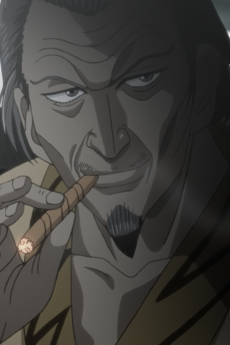
Hyuk Choi
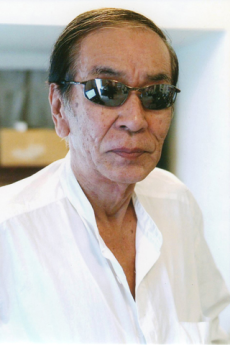
Kiyoshi Kobayashi
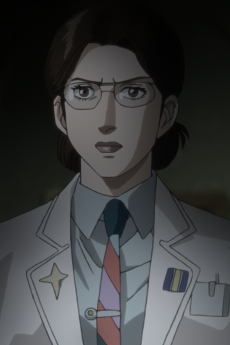
Kan
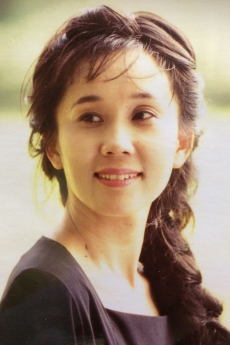
Sumi Shimamoto
EPISODES
Dubbed
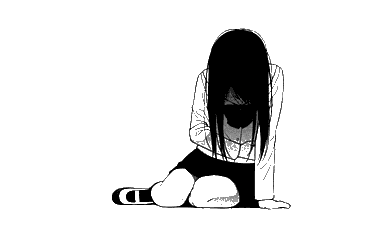
Not available on crunchyroll
RELATED TO BLACK JACK FINAL
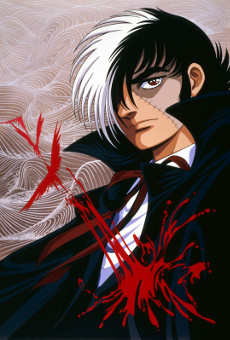 OVA ActionBlack Jack
OVA ActionBlack JackREVIEWS

Meistro
78/100A decent tribute to Osamu Dezaki and the Black Jack franchise.Continue on AniList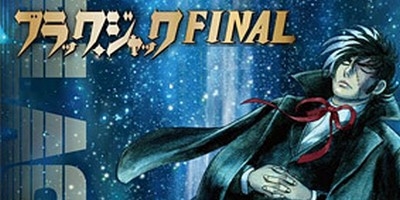
In 2011, to commemorate the death of Osamu Dezaki, director of the 1993 Black Jack adaptation, Tezuka Productions produced two more episodes of the anime that's aptly named Black Jack Final. It embodies the moody neo-noir tone of the original anime, which means it also embodies the cynical tone of the original manga towards human nature and warfare.
The two new directors, Satoshi Kuwabara (for episode 1) and Masayoshi Nishida (episode 2) did a decent enough job paying tribute to the '93 anime. They used a similar animation style as well as the distinctive Dezaki "pastel-chalked freeze frame," albeit with sleeker 3-D animation shots included. Unfortunately, I'm not really a fan of the use of 3-D animation in anime; it's rarely done well the way Pixar does it. 3-D animation in anime, while allowing the appearance of the characters to have more depth, tends to look a lot less detailed than the hand-drawn animation of the '90s. In the case of this 2011 reboot, it seems like such is the case as well.
The first episode is good enough, exploring the backstory of Pinoko, Dr. Black Jack's pint-sized assistant that I talked about in my Black Jack review. I like it for what it is, explaining how Pinoko's strangely precocious personality at such a seemingly young age. As I mentioned before, Pinoko is an 18 year old "teratoid cystoma" (a made-up medical term for the manga), or in simple terms, a sentient tumor stitched together into human form. Yeah, I know. Anime is weird. This episode involves the female head of the Saionji family known simply as "Lady Yurie" whose body the tumor had come from. It is said that she's technically Pinoko's biological twin sister, but because of the complications of a family curse where one member of twin infants would die in five years or less, Pinoko was born within Yurie's body instead.
I read that in the original manga, Yurie was supposed to be a lot more vain and cruel, treating her sentient tumor as an ugly thing that needs to be removed. It seems that the anime has changed that somehow by giving her a more sympathetic backstory where she reluctantly removes her sister after interacting with her apparition for years, and she has to remove it in order to live on and perform some ritual to break the family curse. Appropriately enough, the ending of the episode is poignant and leaves Yurie with tears of regret for her actions. While I really like this tragic ending, the whole ancient magic ritual element of the story feels a little generic and distracting.
A lot of popular anime that has been catered towards the mainstream demographic (like Detective Conan) seems to have a tendency to use ancient Japanese folk lore as the backdrop for "special episodes" like this. The episode also spends a bit of time exploring the Saionji clan and its traditions of dancing to break the curse every decade. Coincidentally, there is an actual feudal-era Japanese aristocratic clan bearing the same name, but I couldn't find any mention of "dancing" in its Wikipedia article (though Hiyoko Saionji of the Danganronpa video game franchise does play the same role of traditional Japanese dancer as Yurie here, so go figure). Such a focus on Japanese traditions probably has a better appeal in Japan, but for me, I've always preferred the more grounded warfare-related stories in Black Jack that doesn't involve the supernatural as they are more relatable.
The second episode feels like the stronger half of the reboot for me as it once again puts the doctor in a war-torn country in South Korea named "Anryon". It's probably a made-up country as I couldn't find anything on it, but from the uniforms of the soldiers and its generals and the dictatorship of its political structure, it might as well be a substitute for North Korea. Black Jack is abducted this episode and forced to treat the dictator general of the country, one General Che Hyoku, and his glioma tumor (this show sure loves its tumors). There's a femme fatale involved in the form of Jack's bodyguard who goes by the moniker of "L" (who has abandoned her real name, Ajun), and ultimately, it leads to the kind of tragic ending fans of noir fiction should be familiar with by now. It's a familiar tale that once again, in Tezuka-fashion, displays the banality and pointlessness of war and political power struggles, but it does great justice to capture the spirit of the original stories, showing how pacifistic the brooding doctor can be even while under threat. To put this in perspective, he literally still proceeds to heal the general even after being told by L that she's gonna kill him.
In spite of neither stories being as impactful or memorable as the '93 anime, I feel that the reboot does a good job in capturing the character essence of Black Jack while revisiting those old poetic themes of tragedies and warfare so ever present in pre-2000s anime. It also serves as a nice farewell to the well-respected Dezaki and Tezuka. Definitely a sentimental piece for sure that leaves fans of the original anime and manga nostalgic.

jinglejangle
40/100Black Jack being out of character for 2 episodesContinue on AniListWarning: This review might include spoilers. Though its just 2 episodes, come on there's not much to spoil.
Black Jack Final is the sequel to the Black Jack OVAs, including two episodes, both of which are separate stories.
The first episode is based off Pinoko's backstory from the manga, where she was created by the Doctor from the cyst of his patient which should've been her twin. In the episode, Black Jack has to treat both her and her twin sister at the same time due to the twin-bond they share. While the episode followed most of the chapter, the pacing of the episode was so bad and the conclusion even pointlessly dragged, even for OVA standards.
The second episode begins more promisingly, with Black Jack being kidnapped into some country which i suppose is a reference to North Korea, and he has to operate on the dictator. Black Jack being Black Jack, he says how it is and he initially declines on the offer to save a dictator in a country where he's been kidnapped and held at gunpoint. Then in true Black Jack fashion, he names his fee and the condition to be freed and he starts researching. This is where I felt Black Jack was going to make a genius move of some sort like he does in the manga : "heal" the "patient", get his money and leave.
But no.
He quite literally saves the Dictator and not only that, but he even stops the soldier who wants to get her well deserved revenge on the Dictator, saying that its his patient. When the Dictator shoots the soldier, Black Jack very angrily shouts he regrets operating on him, and this was the point where it was offensive to the viewer to see Black Jack so out of character. This isn't a spin off or some side story, it's the sequel and the "Final" episodes of the Black Jack OVAs, the viewers have a good idea of who Black Jack as a character is and what he would do and wouldn't do. To give an example, both in the manga and the movie Black Jack refused to perform surgeries on morally corrupt people, especially those who oppress the working class and common “poor” folk. In the manga this is even more dramatic as he sacrifices the life of a rich man’s spoiled and privileged son for that of a hardworking tailor. While I understand there might be divergences of Black Jacks character in each adaptation, this definitely felt too much. It was like altering his entire moral compass and personality.
The episode ends with Black Jack not being able to save the solider and taking her to the border to see her homeland one last time before dying. He returns home and getting the news of the rebellion winning against the dictatorship. But of course, there's never truly a happy ending in the life of Black Jack and where there's something won, there's a sacrifice that had to be made.
I've mentioned the pacing which sucked in the first episode, in my opinion the second one was alright. The Art style might be the only thing I've enjoyed in both episodes, though Black Jack had a slightly different feel to him than the OVA and the movie.In conclusion, this felt like an insult to the OVAs and the manga, and if you liked the original OVAs and the manga, I don't recommend wasting your time on this absurdly Out of character attempt of a Black Jack plot.
SCORE
- (3.35/5)
TRAILER
MORE INFO
Ended inDecember 16, 2011
Main Studio Tezuka Productions
Favorited by 13 Users

